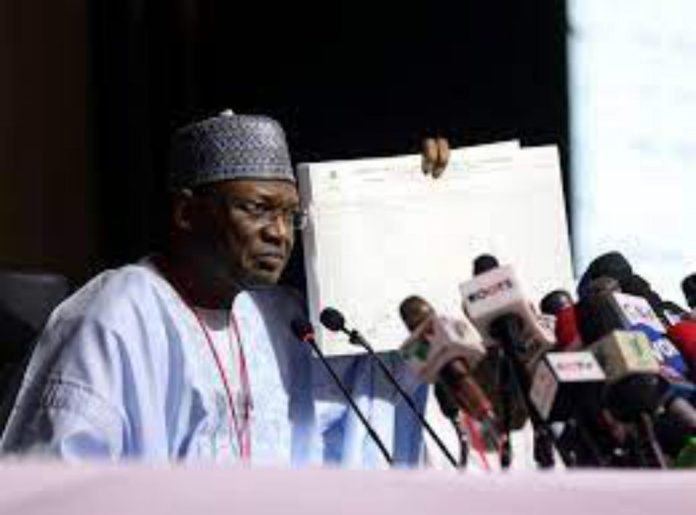Following the keenly contested general elections, the major ruling parties have witnessed unprecedented levels of discord within their ranks. A wave of suspensions has swept the ruling All Progressive Congress (APC), the People’s Democratic Party (PDP), the l New Nigerian People’s Party (NNPP), and even the Labour Party (LP). The Chairmen of both the PDP and the LP were suspended at the ward level, triggering court battles that are still ongoing.
Following the PDP’s humiliating defeat, the then-embattled national chair, Iyorchia Ayu, began a spate of suspensions targeting some of the key figures who openly worked for the candidates of other parties. Big chieftains including Ayodele Fayose, Ibrahim Shema, and Anyim Pius Anyim, were all suspended from the party for anti-party activities.
However, in a surprising shock twist, Ayu’s own ward branch of the party suspended him. And other members of the party proceeded to a high court and secured an interim injunction prohibiting Ayu from parading himself as the party chairperson. The Labour Party Chairman, Julius Abure, was also suspended by his ward party. Both men are fighting to regain their positions in their respective parties, and Abure has resumed as chair in violation of a court order. The former Chair of the Lagos State Labour Party was also suspended for anti-party activities.
The APC has also not been exempt from the crisis. The party suspended several of its high-profile figures, including the Secretary to the Federal Government (SFG), Boss Mustapha, Deputy Senate President and Delta state gubernatorial candidate, Ovie Omo-Agege, and the Chair of the Niger Delta Development Commission (NDDC), Lauretta Onochie, all for anti-party activities.
Likewise, the NNPP has suspended its Ebonyi state gubernatorial candidate, Prophet Adolawam Chris. Its National Chairman also resigned, though seemingly under amicable terms.
This new spate of inter-party crisis underscores how divided the ruling class is. The finger-pointing and rancour has created new fault lines that go beyond the divisions of the so-called G5 governors or the APC Northern Christian rift. Even the ruling party, which won a disputed victory in the presidential elections, and swept the gubernatorial elections, winning 16 out of 28 states, is seeing divisions. The APC governor of Zamfara state, Bello Matawalle, who failed to win reelection has accused the APC-led federal government of rigging the elections against him in retaliation for his opposition to the federal government’s naira policy.
These divisions represent the inability of the ruling class to deal with the nation’s increasing crisis and a breakdown in the laid out processes through which the ruling class shares power amongst itself without resorting to physical war. It is a disappointment that the Nigerian left is not strong enough to capitalise on these divisions, in a way that at the very least secures concessions that can improve the material needs of the poor.
But working-class people should draw an important lesson from this. No section of the ruling class is interested in our cause. Each and every single one of the capitalists in power is interested in maximising his or her benefits and power. We cannot rely on them. We must organise and mobilise independently of them, and with a revolutionary programme, to liberate ourselves.
by Kayode Somtochukwu ANI









